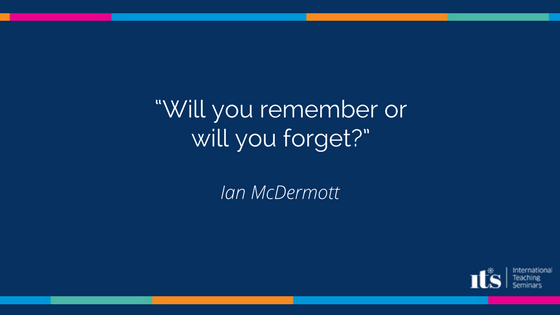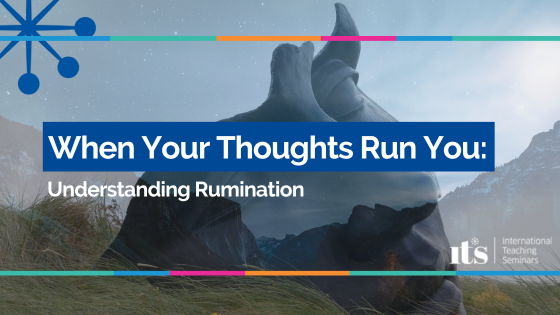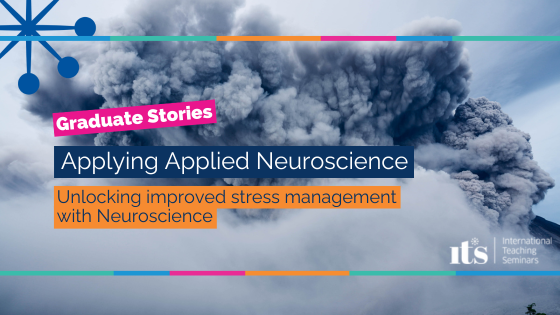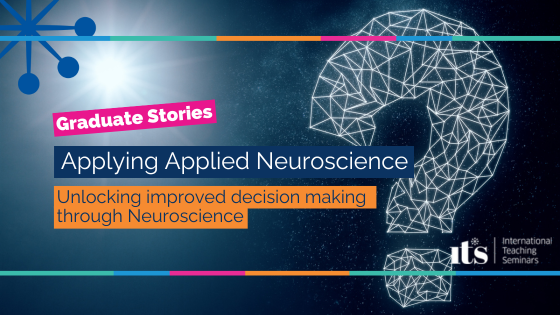Have you ever discussed a recent event with someone only to be left wondering if you both actually attended the same event? They might remember what everyone was wearing – which you seem to have failed to notice. On the other hand you remember details of conversations which they swear you are making up! Why does this happen? The ‘neuroscience of memory’ gives us some guidance.
Remembering takes energy. There are many things that we see and hear that are not worth the energy it takes for the brain to remember. So it’s no surprise that in the interests of efficiency, the brain is not designed to remember everything!
Recent research makes clear how this actually happens. Understanding this mechanism and putting it to work gives us a new power to shape our future and address our past.
Psychologists have known since the early twentieth century that as events are repeated, we both remember some aspects better and find it harder to remember other aspects. It was assumed that forgetting was a passive process – we forgot things that were not noticed on each occasion. But, until recently, it was not possible to test this since we could not record the brain activity associated with a single part of a memory. This difficulty has now been overcome and it has fundamentally changed our understanding of forgetting.
Maria Wimber, Arjen Alink, Ian Charest, Nikolaus Kriegeskorte & Michael Anderson of the Universities of Birmingham and Cambridge have found a way to record the brain activity from single memories. They have demonstrated that when events occur together, they continue to be remembered together, but if aspects of memories do not always occur together, we suppress the parts of the memory that are different. That’s right we actively suppress information.
Active Information Suppression
There has to be some value in using processing power to actively suppress information, so this raises questions about why might we do this? Can you remember your first day at school? The experience might have been quite bewildering as there are so many things to learn about an entirely new world. But each day that you went back, some of these things would stay the same and so could be incorporated into your representation of an average day at school. To do this, you would have to remember the things that were mostly true about school, but forget the things that only happened once or twice. So, active suppression helps us to form schemas which assist us in knowing what to expect from events that repeat. However, this also helps us notice when something is different: it gets our attention. In this way we can remember both the typical and the exceptional.
This selectivity is driven by prefrontal activity – the part of the brain which is responsible for inhibition and attention. We are beginning to understand that memory is not a system in its own right but highly related to both our attentional and reward systems. We remember things that grab our attention, and we attend to things that we find rewarding.
Why is this both exciting and important? The scientific advance that this represents is exciting in its own right – being able to record activity associated with individual memories will allow us to investigate memory in ways that have simply been impossible until now.
However practically, it also has major implications for anyone with negative memories. This new finding suggests that we actively change our memories when we remember them. So recalling events in different ways could help us to change memories in ways that reduce their negative effects: we know what happened and we can learn from it – but it no longer needs to carry a sting.
In addition, it might help us to understand what happens in Alzheimer’s disease where memories are forgotten rapidly.
Now we know there’s a world of difference between not remembering something and actively forgetting it. As a consequence now we can employ a whole raft of well tested techniques which enable us to adjust how we have coded our experience – and have more understanding about why they work.
Neuro-effective Implications
If you want to be more effective by putting neuroscience to work for you:
- If you want to remember something well, pay close attention to it and repeat the memory to give it a chance to become consolidated in your memory.
- If it is important to remember the details, ensure they are similar on each repetition.
- This is not so important if you want to remember the gist where details are not important.
- And if you have some negative memory that you would like to forget, let us teach you some NLP techniques that will help you to actively forget the details that make this negative for you, while letting you retain the learning from the experience.
For practical next steps contact the Neuroeffective Team.
To learn how to become a Neuroeffective Practitioner click here
This blog is based on the following article:
Wimber, M., Alink, A., Charest, I., Kriegeskorte, N. & Anderson, M. (2015) ‘Retrieval induces adaptive forgetting of competing memories via cortical pattern suppression’. Nature Neuroscience, 18, 582–589.




